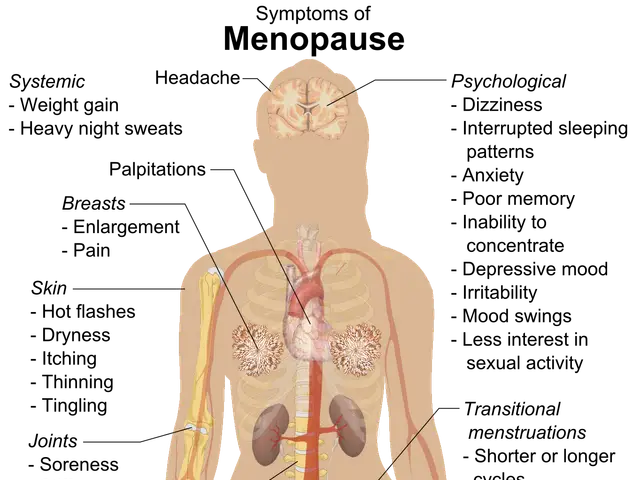Breakthrough in Lung Cancer Immunotherapy: A20 Protein Identified as Key Marker
Lung cancer, the deadliest form of cancer worldwide, may soon see improved treatment outcomes. Recent findings by Herwig Moll at MedUni Vienna have identified the A20 protein as a promising marker for predicting success in immunotherapy. This discovery could significantly enhance the effectiveness of immune checkpoint inhibitors, currently showing varied success rates.
Smoking, the most avoidable risk factor, contributes significantly to lung cancer. However, new therapies are crucial for improving patient outcomes. The A20 protein, recently identified as a tumour suppressor, plays a significant role in this. Low A20 expression in cancer cells allows them to evade the immune system and grow faster.
Research is now focused on manipulating A20 expression to enhance immunotherapy effects. Lung cancer patients with non-small cell lung cancer (NSCLC) and high PD-L1 levels, particularly those with low A20 expression, are more likely to respond well to PD-L1-targeted therapies. Studies have shown that tumour cells with downregulated A20 exhibit enhanced sensitivity to interferon gamma and positive response to immune checkpoint inhibitors.
The discovery of A20 as a potential marker for immunotherapy success in lung cancer patients is a significant breakthrough. It could potentially improve survival rates, especially for patients with limited treatment options, such as those with KRAS gene mutations. Further research aims to manipulate A20 expression to maximize the benefits of immunotherapy, offering new hope in the fight against this deadly disease.
Read also:
- FDA's Generic Mifepristone Approval Sparks Pro-Life Concerns Over Safety and States' Rights
- Understanding Child Development: Causes and Signs of Delays
- Pope Francis' New Book 'Let Us Dream' Offers Unity and Hope for Post-Covid World
- Stephanie Estremera Gonzalez: From Medical Assistant to Residential Manager at The Point/Arc








